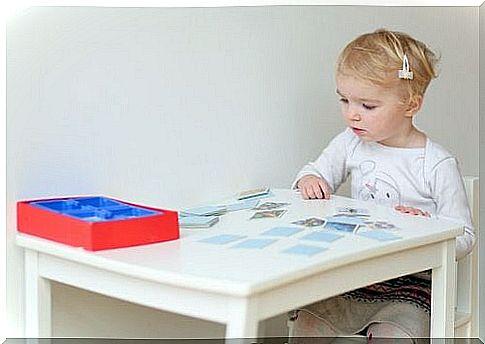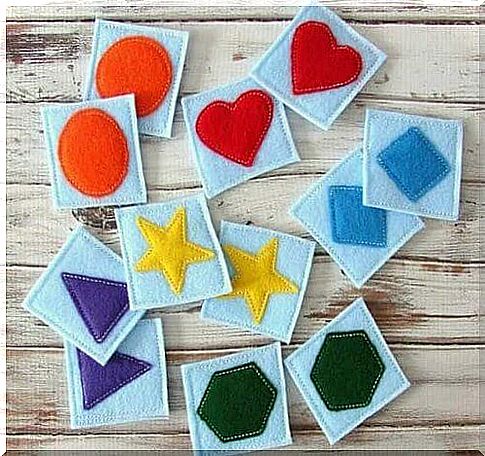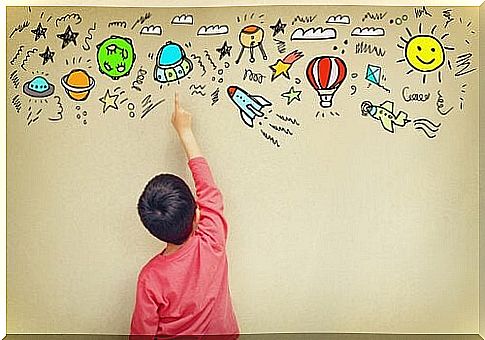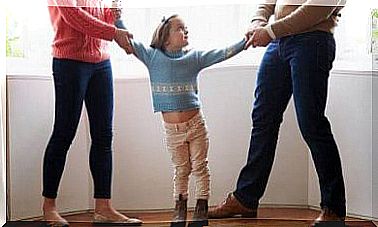Why Are Memory Games Good?

Years pass and memory games continue to be part of our children’s recreational lives. They are not only made of cardboard, we can also find several digital versions on the internet.
That’s why the most popular brands and comics keep putting their most famous fictional characters in this kind of kiddie pastime.
However, in addition to fun, memory games offer several benefits for our children.
In fact, there are several cognitive elements that children exercise when playing with these fun games.
If, in addition, they incorporate this activity into their daily lives, the effects will be much better.
What is memory and how does it work?
Memory is our ability to store memories and retrieve images.
In this sense, our brain can be considered an unlimited storage unit. Something very similar to the dynamics of a computer today.
The function of bringing to awareness everything we have seen and learned is what constitutes the process of memorization.
This process happens in fractions of a second, but its functioning is more complex. Or, at first, that’s what experts understand.
At the same time, memory is an indicator that the child’s brain functions are performed perfectly.
If we work to stimulate our child’s memory, we even improve his cognitive ability. And memory games can help a lot.

Memory games and cognitive stimulation
That said, memorizing is a mental activity performed in three parts: recording, storing and classifying information.
When a child turns this game into a hobby, he simply performs these three processes while having fun.
By completing this cognitive cycle on a small scale and in less time, children train their brains without realizing it.
Little by little and with each play, they increase their skills.
In this sense, the correct development of the entire memorization process implies improving learning.
This is similar to what happens in physical education when muscles are exercised. In the case of memory games, the muscle being worked on would be the brain.
Benefits of Memory Games
- Improved visual memory. When children do this activity, they increase the memorization produced through vision. Perception is heightened and visual associations are internalized.
- Concentration is increased. This type of game is an excellent way to exercise concentration for children. The little ones control the distraction stimulus because they are interested in finishing the game. Discipline is internalized until it becomes normal behavior.
- It motivates quick thinking. For these games, children must be more efficient and perceptive. In this way, they get used to generating quick intellectual responses. In short, the process of learning and solving problems is improved.
Are Virtual Memory Games Beneficial?
Surfing the Internet is a current reality. In this sense, online memory games can also be useful so that the child does not lose interest in this enriching pastime.
There are a wide variety of options and you just have to choose well.
In addition, online memory games allow young children to make their first contacts with the keyboard and computer screen.
This theme, in current education, in addition to being a very important issue, is very beneficial for future stages of childhood.
The simple fact of having to look for the game on the internet trains children to look for things online. In addition, concentration is stimulated by using the computer screen.

Other useful memorizing games
Searching for the identical images between the pieces is not the only memorizing pastime.
Tongue twisters and learning songs also stimulate this brain function. These activities are valuable educational tools.
In this sense, other games consist of finding and matching similar sounds produced with utensils and recyclable materials. In this way, children will be able to stimulate their perception and auditory memory.
We must remember that each child develops different levels of awareness. Some respond better to what they see, while others tend to be more auditory.
In short, knowing how to find the best method for our children will be vital in guiding their education throughout their lives.









